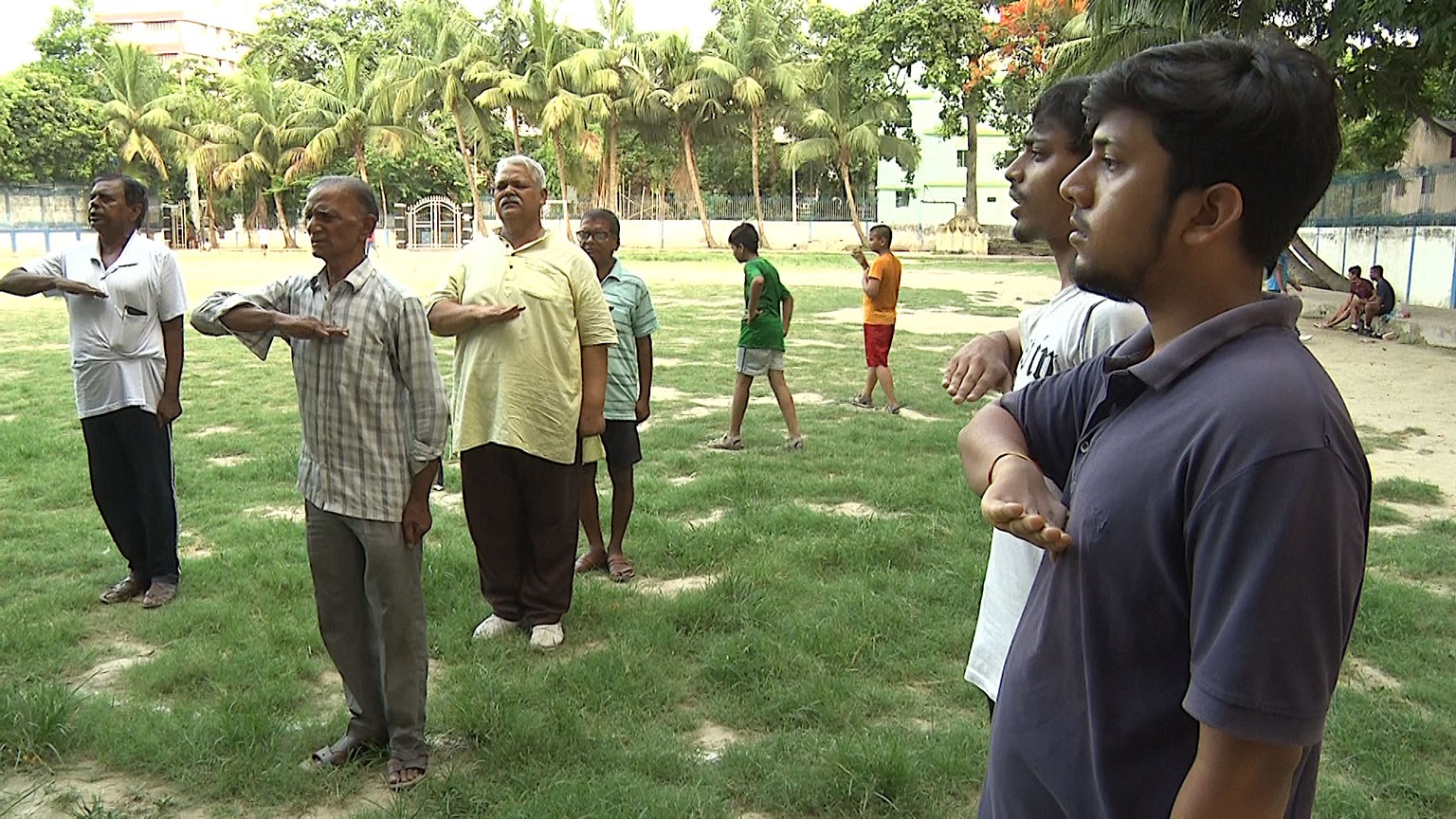West Bengal's current political situation is deeply rooted in its history. Kolkata, the capital, also served as the capital of the former British India. In 1905, the British divided Bengal into two parts, West and East, based on the relative sizes of the Hindu and Muslim populations.
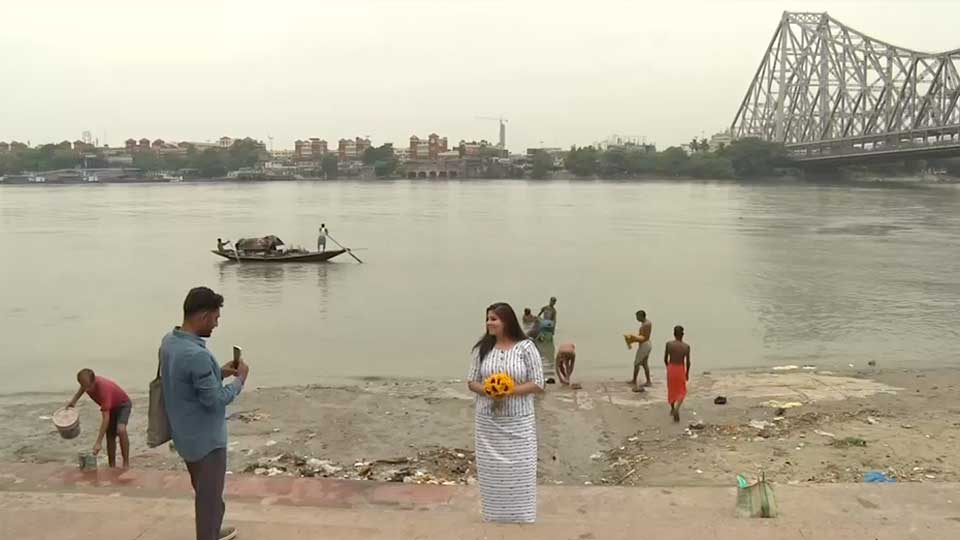
After India and Pakistan won independence as separate nations in 1947, East Bengal joined Pakistan. In 1971, it became independent Bangladesh. West Bengal was left bordering the Muslim-majority nation.
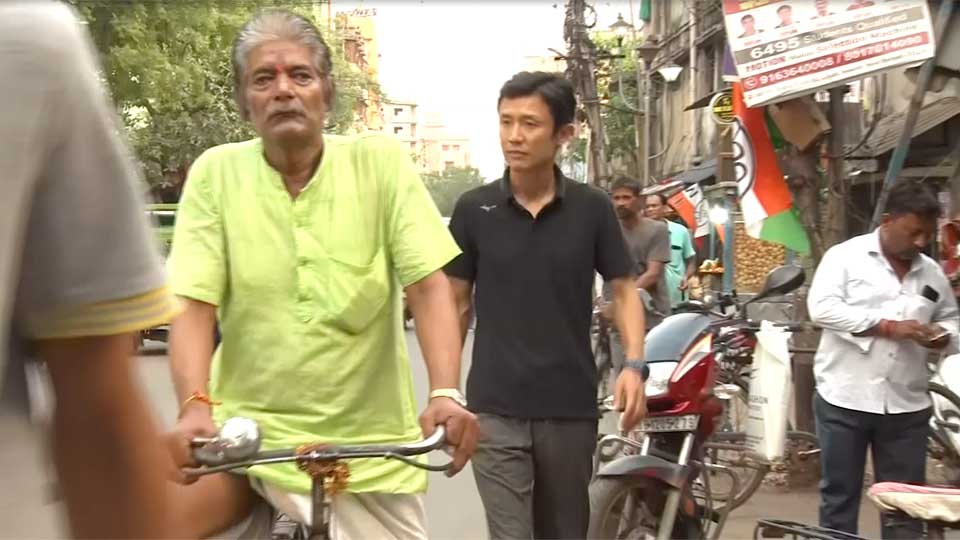
About 30 percent of the population in West Bengal are Muslims, which is relatively large by Indian standards ― twice the national average. A policy introduced by the Modi administration has raised serious concern among this community.
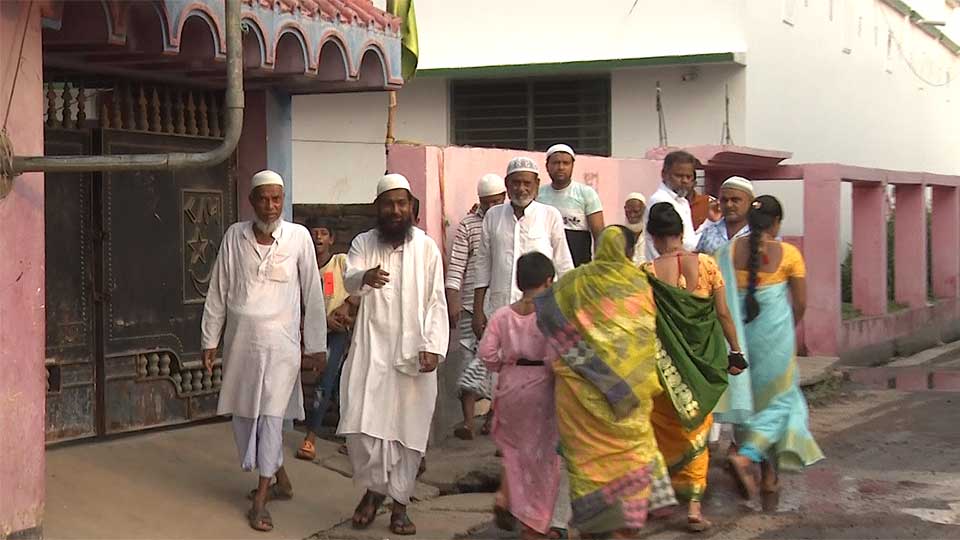
Controversial law
In March, a month before voting started, the government announced the implementation of the controversial Citizenship Amendment Act, the CAA. The law will provide a pathway to citizenship for minorities who fled religious persecution in Pakistan, Bangladesh and Afghanistan. They include Hindus, Sikhs, Buddhists, Jains, Parsis and Christians...but not Muslims.
The legislation was passed in 2019, but it was put on hold after sparking widespread protests that resulted in deadly clashes.
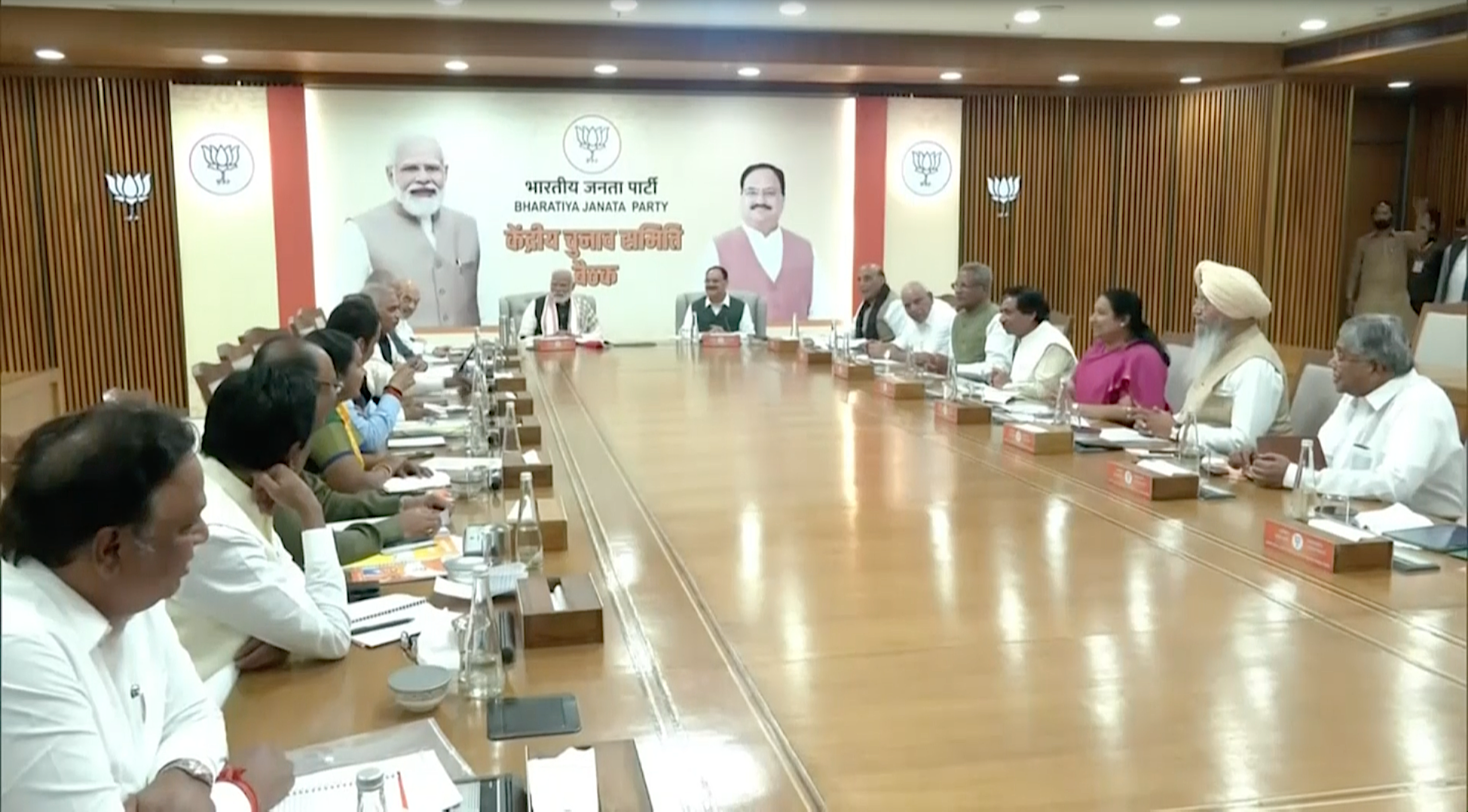
Muslim residents in West Bengal who spoke to NHK World were critical of the law.
"The CAA actually discriminates against Muslims. That's why we cannot accept it," said one Muslim man, who did not identify himself. Another said, "The BJP thinks that if it says something against Muslims, it will win more votes. That's why the BJP is promoting this."

A representative of a local NGO says that the CAA poses a threat to the country.
"If this law is implemented, they will in future make many such laws where Muslims will be treated as second-class citizens," said Ranjit Sur, General Secretary of the Association for Protection of Democratic Rights. "Democracy means the preservation of the rights of the minority. That is the basic, most important (principle)."
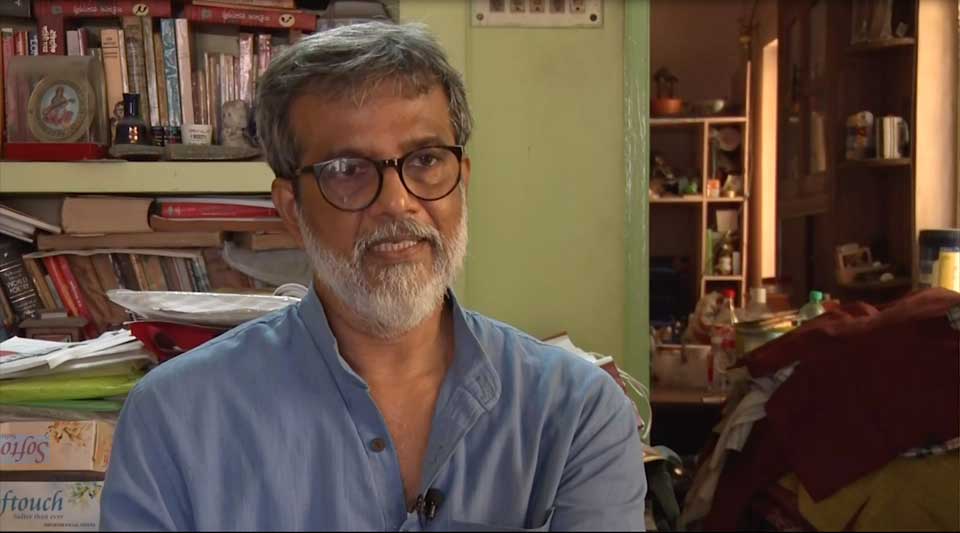
West Bengal has long been an opposition stronghold. State politics has been run by regional party All India Trinamool Congress, which is highly critical of the law.
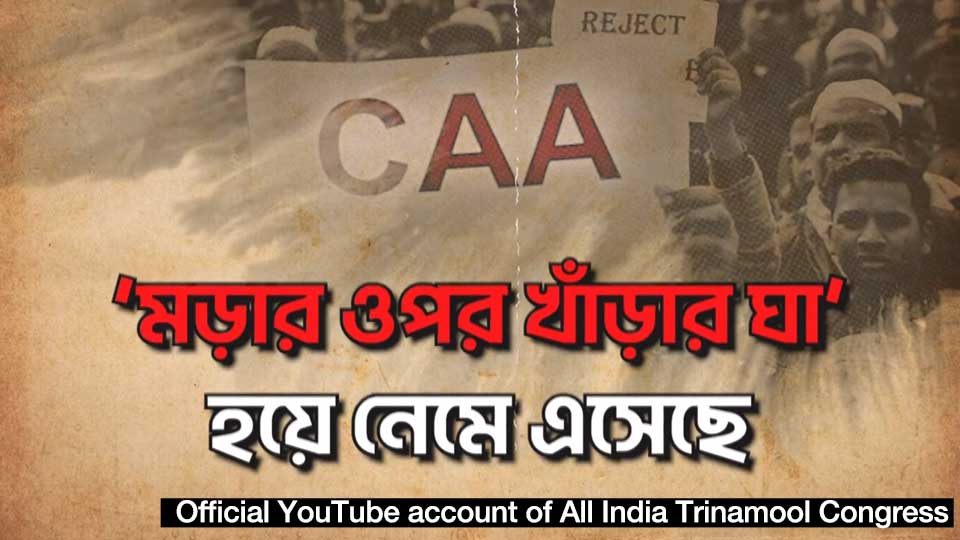
Hardline Hindu organization
Other groups have different priorities. We visited a gathering of a hardline Hindu organization considered to be the de facto support base for the ruling BJP. Prime Minister Modi is a former member.
The Rashtriya Swayamsevak Sangh, or RSS, aims to build a nation based on Hindu ideology. The group has become increasingly influential in Indian politics.
Every morning, members gather for a "Shakha," or a "branch," meeting. According to the president of this Shakha, Narashingha Ghosh, participants engage in prayer and learn about discipline. The organization now has branches across the country with millions of members, including young men and boys.
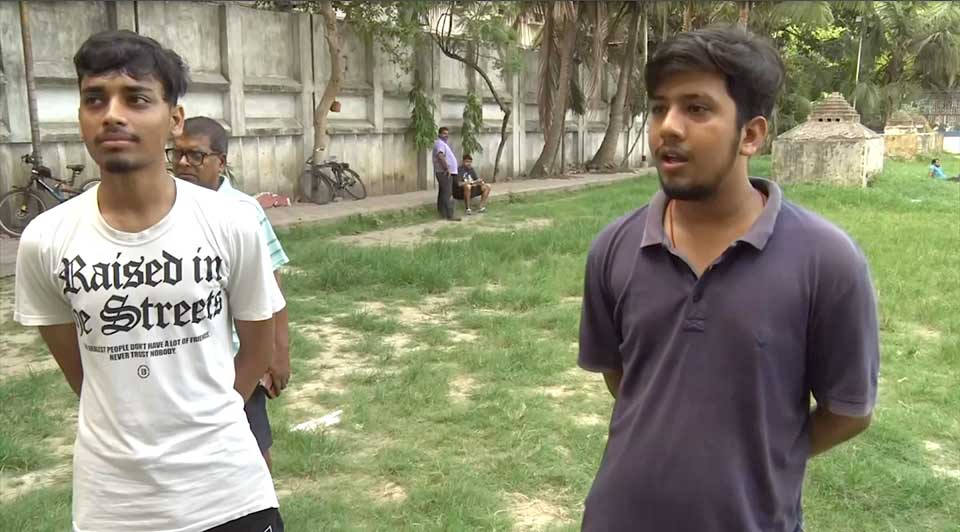
Narashingha explained the purpose of these gatherings: "Muslims and Christians have their own organizations. The RSS aims to build a new Hindu society with the belief that Hindu people need to move together."
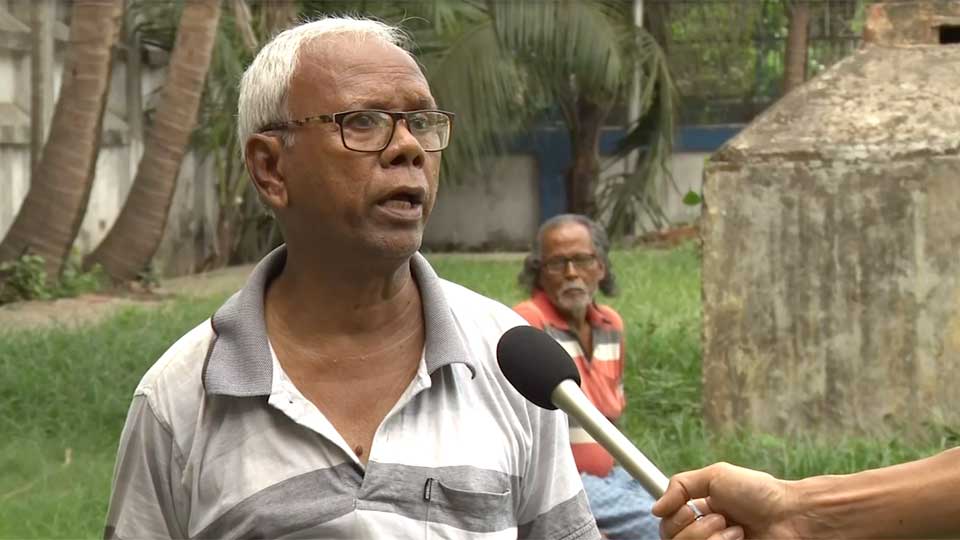
University student Harshvardhan Thakur told us that Shakha gatherings had changed his character, instilling him with discipline. "I'm proud to be an Indian, that is the main point. We should be proud to be Indian."
The 20-year-old lives with his family in a small apartment and is studying accounting. He says at the Shakha meetings, he can learn about values of ancient India that have been lost due to hundreds of years of foreign occupation ― not just by the British, but by Muslims like the Mughal empire.
"In ancient times, Hindus were all brothers and sisters," said Thakur. "The Muslim empires came to India because we were not united. That's why the Muslims were able to come to power. And same thing for the British. That's why the RSS is working to get back what we have lost. We are the majority in this country."
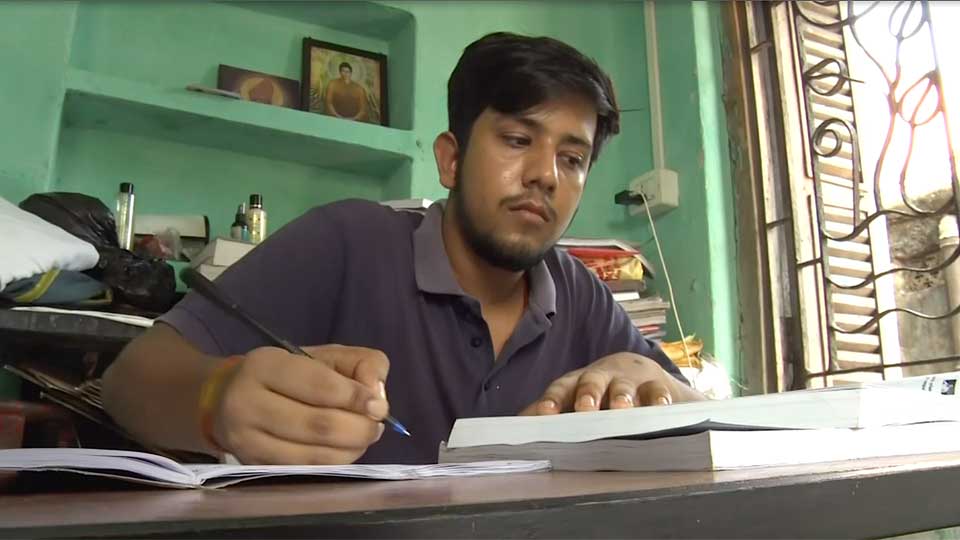
In the last general election in 2019, the BJP won a record 18 seats out of 42 lower house seats in West Bengal. But in this election, it lost 6 seats, and ended up holding 12. Meanwhile, the opposition All India Trinamool Congress increased its seats by 7 to hold 29.
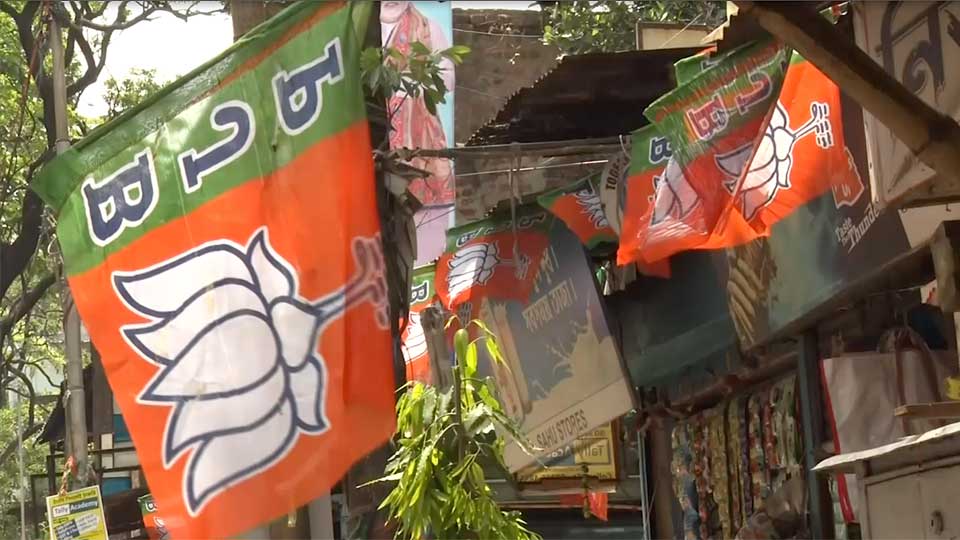
People in West Bengal have debated how the voices of the majority and minorities should be reflected in politics. This election has raised an even more fundamental question about the role of democracy in India.
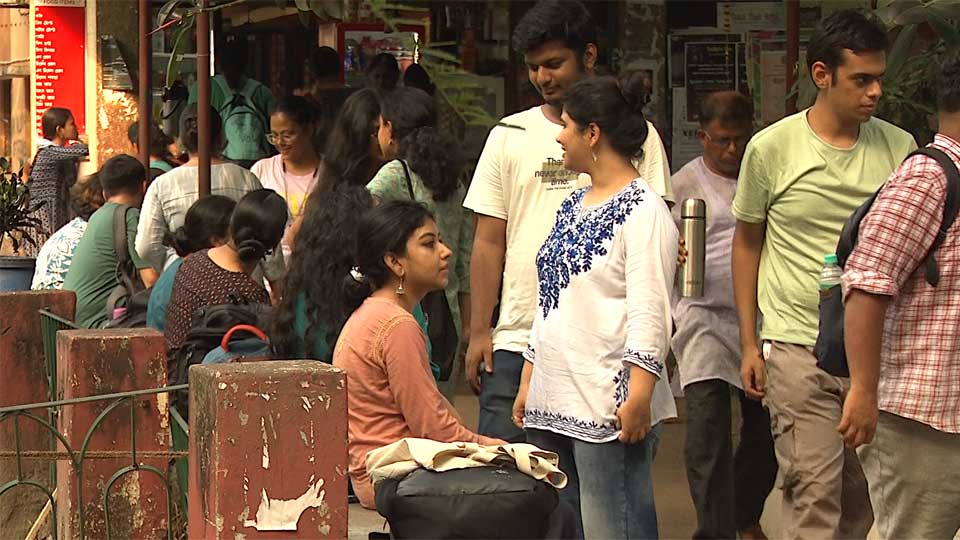
*For more on this story, watch the following video: NEWSROOM TOKYO May 23, 2024
